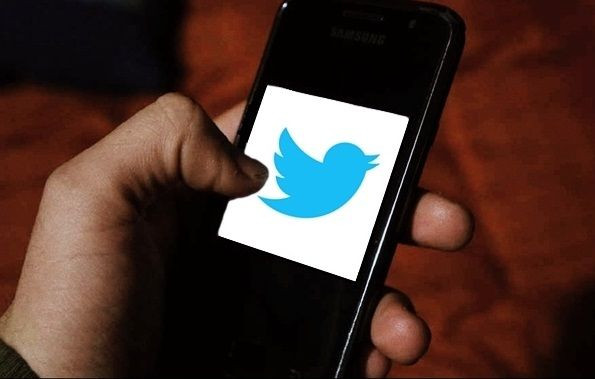Social Media Love Triangle: Your Man May Be Sharing His Emotions Online, But Not With You

For couples trying to have a healthy, committed relationship, communication is essential. So it can be difficult dealing with someone who is always on the phone or the Internet. It’s almost like your partner is more open with Facebook or Twitter friends than with you. Unfortunately, many couples are experiencing these hardships throughout America, according to a recent report from the Pew Research Center’s Internet Project.
Sixty-six percent of adults, ages 18 and up, in married or committed relationships, have issues with cellphone and Internet use — clashes over when he or she shouldn’t use them, and that’s just the start of many other problems. Twenty-five percent of those surveyed said that they felt their partner was distracted by their cell phones, and unsurprisingly, eight percent said that this led to arguments. It’s obvious that young adults, ages 18 to 29, would be the greater offenders, with 45 percent saying that these issues have been present, compared to 10 percent of adults 65 and older. But why is this the case?
Patricia Greenfield, a developmental psychologist at the University of California, Los Angeles, tells The Huffington Post that, based on her own research, it could relate to the social support a large group of people can offer. “We found in our study that people, college students, are not getting a sense of social support from being on the phone. They’re getting social support through bigger networks and having a sense that their audience is large […] The whole idea behind intimacy is self-disclosure. Now they’re doing self-disclosure to an audience of hundreds.”
This could explain, then, why some partners are better able to express their feelings — whether they talk about personal struggles or make a random comment about something they saw thing they saw — through Facebook statuses and Twitter tweets. Speaking to Time, Eva Buechel, a doctoral candidate at the University of Miami who studies social media behavior, said that men and women who have social anxiety, and therefore need to express themselves more often while also needing support, are more likely to use a blog or social media account frequently. But while women are able to express themselves both in-person and in social media, men have a preference for social media.
Essentially, it comes down to the basic communication problems men have. “Women usually have close and intimate friendships, which might make it easy to approach a friend when they need to talk to someone,” Buechel told Time. “Men have different relationships with their friends, and might find it more difficult to approach someone in particular to talk to when they need someone to listen or comfort them.”
So they turn to social media, where “they feel less threatened and are more likely to share their thoughts and feelings because they don’t have to deal with the reaction from the other person in-person, in real-time,” Dr. Seth Myers, a Los Angeles psychologist, told Time. This false sense of security often causes frustration later, as the woman he dates wonders why he’s “more closed when we’re actually together,” he added.
Although online use has taken a foothold in modern relationships, affecting everything from the chances of cheating to the ability to stay together, not all of it is bad. In fact, younger adults are the minority. Seventy-four percent of all those surveyed in the Pew poll said that the impact the Internet had on their relationships was positive. In part, this comes from the very thing that makes young adults less favorable of it — more ways to communicate, which can add a new level of intimacy. Twenty-five percent of partners said that they text each other while they are both home, while 21 percent said that they felt closer as a result of it. Even better, nine percent said that they were better able to resolve a problem they had through text than in-person. So, what does all of this mean? Communication, no matter the medium, is key to relationship.



























